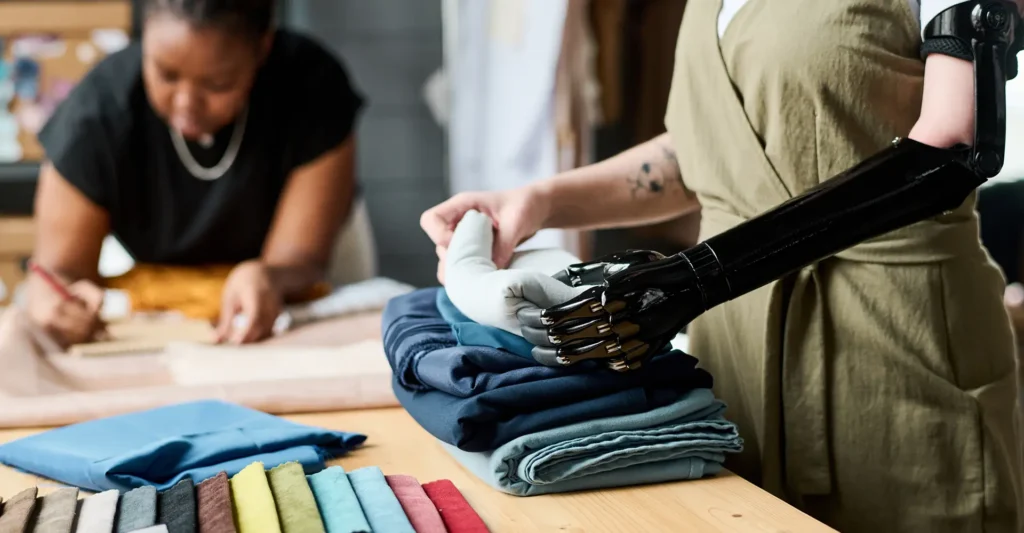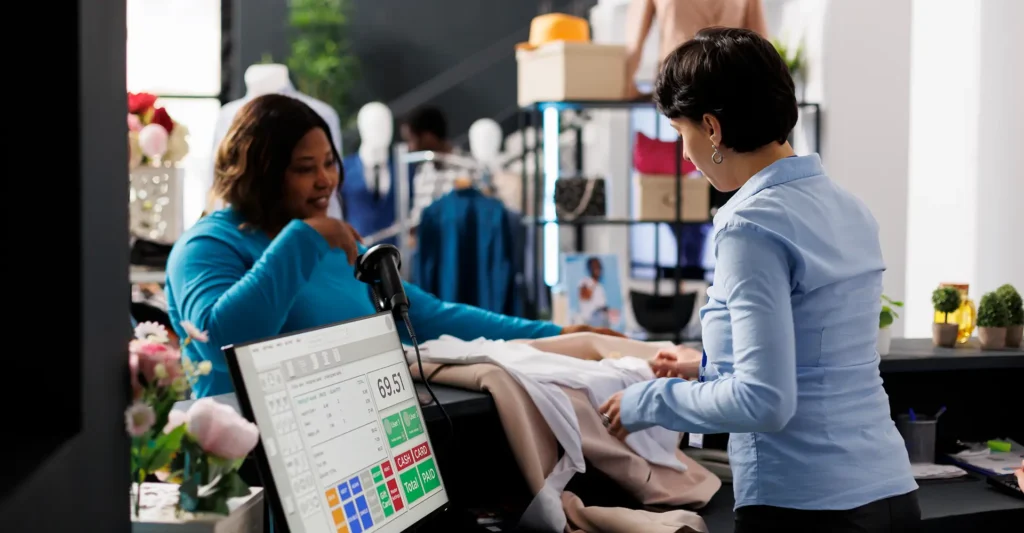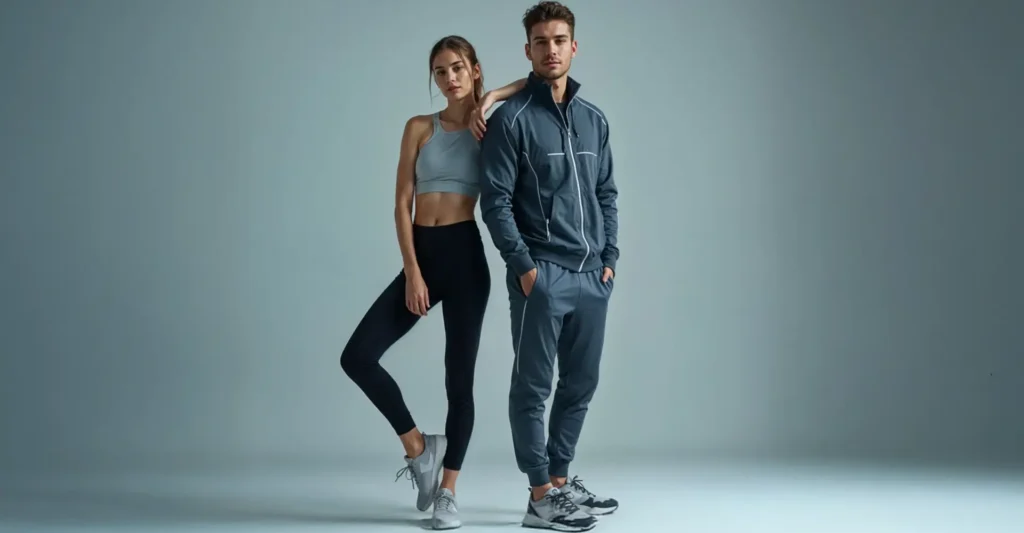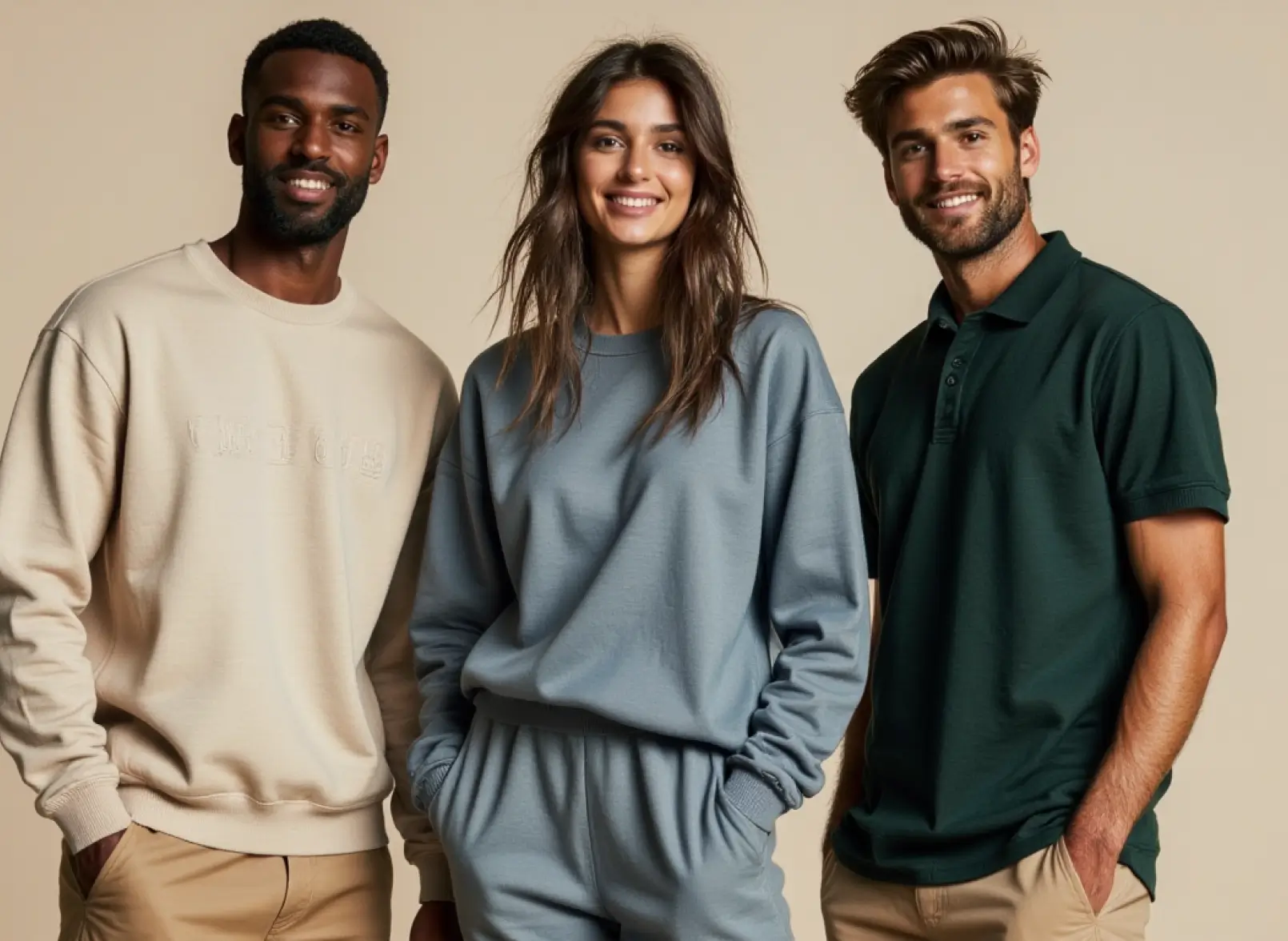Private-label manufacturing comes with both benefits and potential challenges. Knowing both helps in making informed decisions.
Advantages
Private label offers complete control over product, branding, and customer experience. You can innovate and price based on your market strategy. It also helps build long-term brand loyalty and
higher margins.
Disadvantages
It requires upfront investment in design, sampling, and minimum order quantities. There’s also greater responsibility for supply chain and inventory management. Building brand trust takes time compared to selling known names.
Steps to Choose the Right Private Label Manufacturer
Choosing the right private label manufacturer is one of the most critical decisions. It affects your product quality, turnaround time, and brand reputation. Each step you take will help ensure you select a partner who aligns with your goals. Let’s break down the right approach to finding the best clothing manufacturing partner.
Define Your Brand Requirements
Start by understanding what your brand needs from a manufacturing partner. Identify your ideal fabric, product category, and design preferences. Think about production volume, budget, and lead times.
Having clear goals will make communication easier with manufacturers.It also helps you filter out unsuitable vendors. Clarity saves time and avoids costly mistakes.
Research Manufacturer Experience
Look for manufacturers that have experience in your specific product category. A partner skilled in outerwear might not suit activewear production. Check if they’ve worked with startups or scaling brands.
Ask to see previous work or a portfolio. Their expertise reflects the final product quality. Choosing experts means fewer surprises.
Ask for Samples
Request samples before any commitments or bulk production. This step gives you insight into their craftsmanship. Assess stitching, material feel, and accuracy of your design.
Quality issues now could mean bigger problems later. Samples help validate your decision. Never skip this step when choosing a private label manufacturer.
Check Reviews and Referrals
Look up online reviews and ask for referrals from other brand owners. A reliable manufacturer should have positive testimonials and transparent communication. Speak directly with past clients.
You’ll learn about their service level and responsiveness. Trust is built through other people’s experiences. Good manufacturers are consistent, not just flashy.
Request Transparency
Your manufacturer should be upfront about lead times, MOQs, and pricing. Transparency prevents unexpected delays or hidden costs. Ask about production processes and sourcing materials.
Open communication builds long-term relationships. If they hesitate to share details, consider it a red flag. Honest manufacturers respect informed decisions.
Prioritize Scalability
As your brand grows, your manufacturer should grow with you. Choose a partner that can increase production as demand rises. Ask how they handle large orders or sudden spikes.
A scalable factory ensures a consistent supply. This helps maintain brand reputation and avoids out-of-stock issues. Plan by partnering smart.
Partner With MGT (My Global Threads)








